NATO’s Allied Maritime Command (MARCOM) has hosted the sixth annual Maritime Security Symposium at its Northwood headquarters in the United Kingdom.
The event brought together NATO staff from the NATO Shipping Centre (NSC) alongside key maritime stakeholders from across the shipping industry to discuss emerging security challenges in the maritime domain.
According to a press release from NATO, the symposium was attended by more than 40 representatives from various sectors of the shipping industry, alongside personnel from 14 NATO nations. The event provided an important networking opportunity, fostering collaboration between military staff and industry professionals to address current and future maritime security challenges.
Rear Admiral Stefan Pauly, Deputy Chief of Staff Operations at MARCOM, opened the symposium with remarks underscoring the importance of the event: “The Maritime Security Symposium provides an important venue that brings together leaders and executives from NATO and the merchant shipping community to discuss maritime security challenges in the Euro-Atlantic region,” Pauly said.
He highlighted that discussions during the symposium would help enhance the coordination and sharing of information crucial to the security of commercial shipping and the sea lines of communication.
The symposium featured presentations on a range of maritime safety and security topics, including NATO’s ongoing maritime security operations and emerging threats in the region. Discussions focused on recent developments in NATO’s Area of Responsibility, as well as future challenges to maritime security.
The NATO Shipping Centre (NSC), a permanent point of contact between NATO and the international shipping community, also played a key role in the event. As the primary liaison for merchant shipping information exchange between NATO’s military authorities and the shipping industry, the NSC ensures that vital security information is shared effectively between both parties.



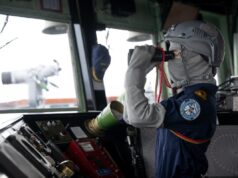

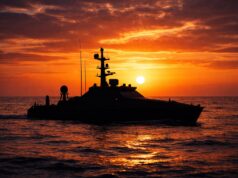

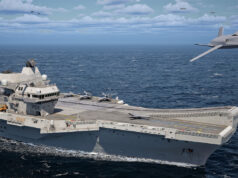

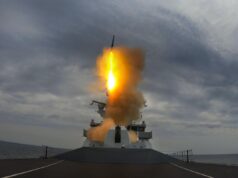
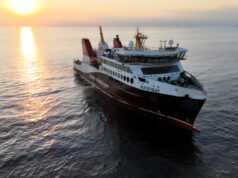
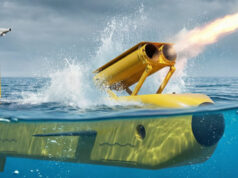
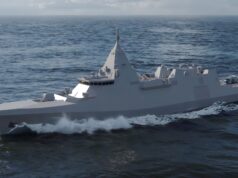

The RF shadow fleet is not only designed for sanction evasion, which is unacceptable, but is also a hazard to shipping because they disable transponders, and a hazard to the environment because they are not correctly maintained.
As seen this week they are also used for hybrid war against maritime infrastructure which damages operators and customers.
I hope this symposium included a working group to consider and enable a robust response to the RF shadow fleet and all its harms both at sea, and the wider security situation.
Over to the subject matter experts…
I’m pretty certain the Red Sea operations off Yemen will also be a hot topic. Especially the new threats it has introduced. From unmanned sea vehicles (USV) and unmanned air suicide vehicles (UASV), anti-ship ballistic missiles, as well as the traditional Iranian Noor anti ship cruise missile. I would also expect them to discuss how Ukraine has effectively beaten the Russian Navy in the Black Sea, with in essence a non-ship Navy. Which includes the first shooting down of manned aircraft (2 X Russian helicopters) by unmanned craft. The last couple of years has seen a drastic rewriting of the threats a ship may face.